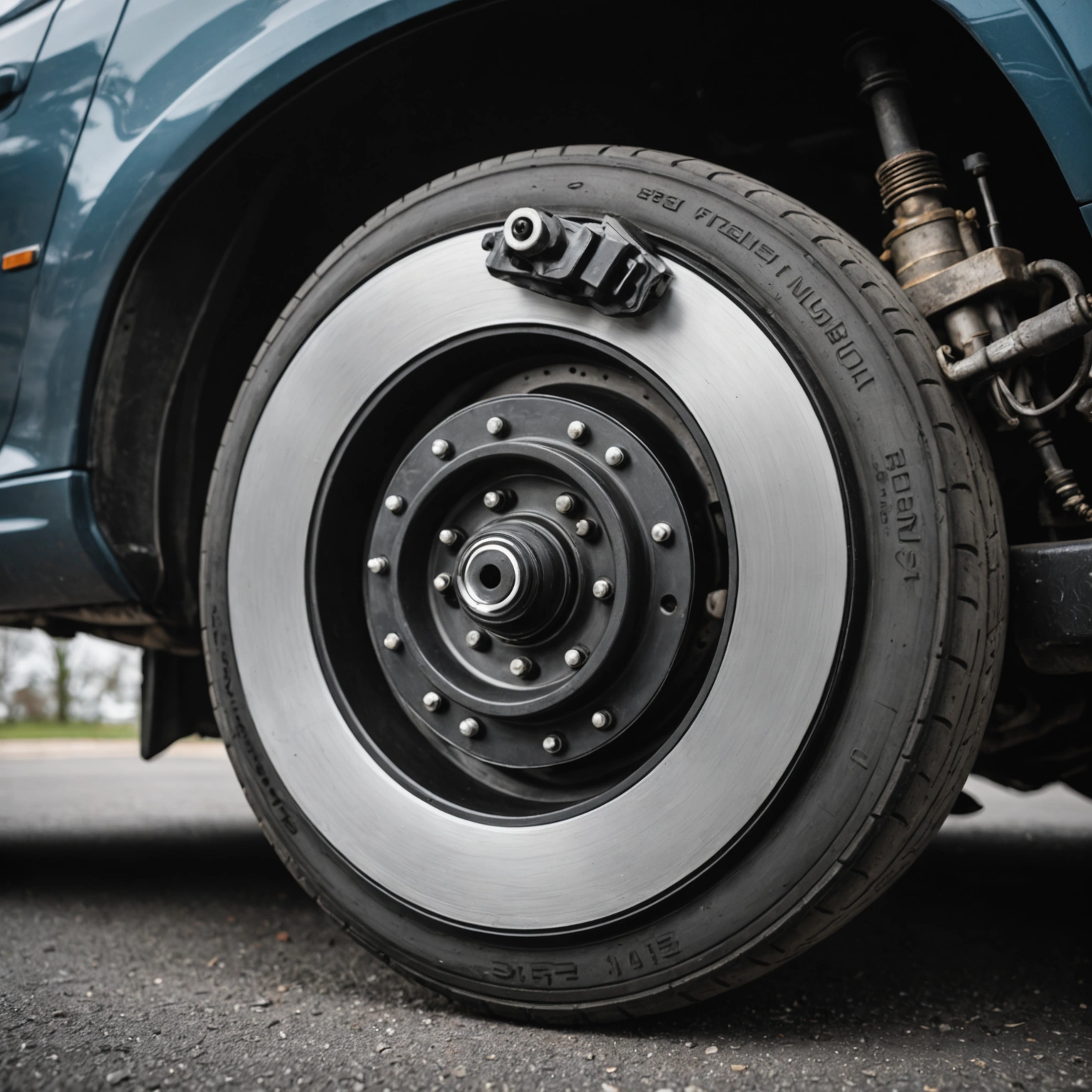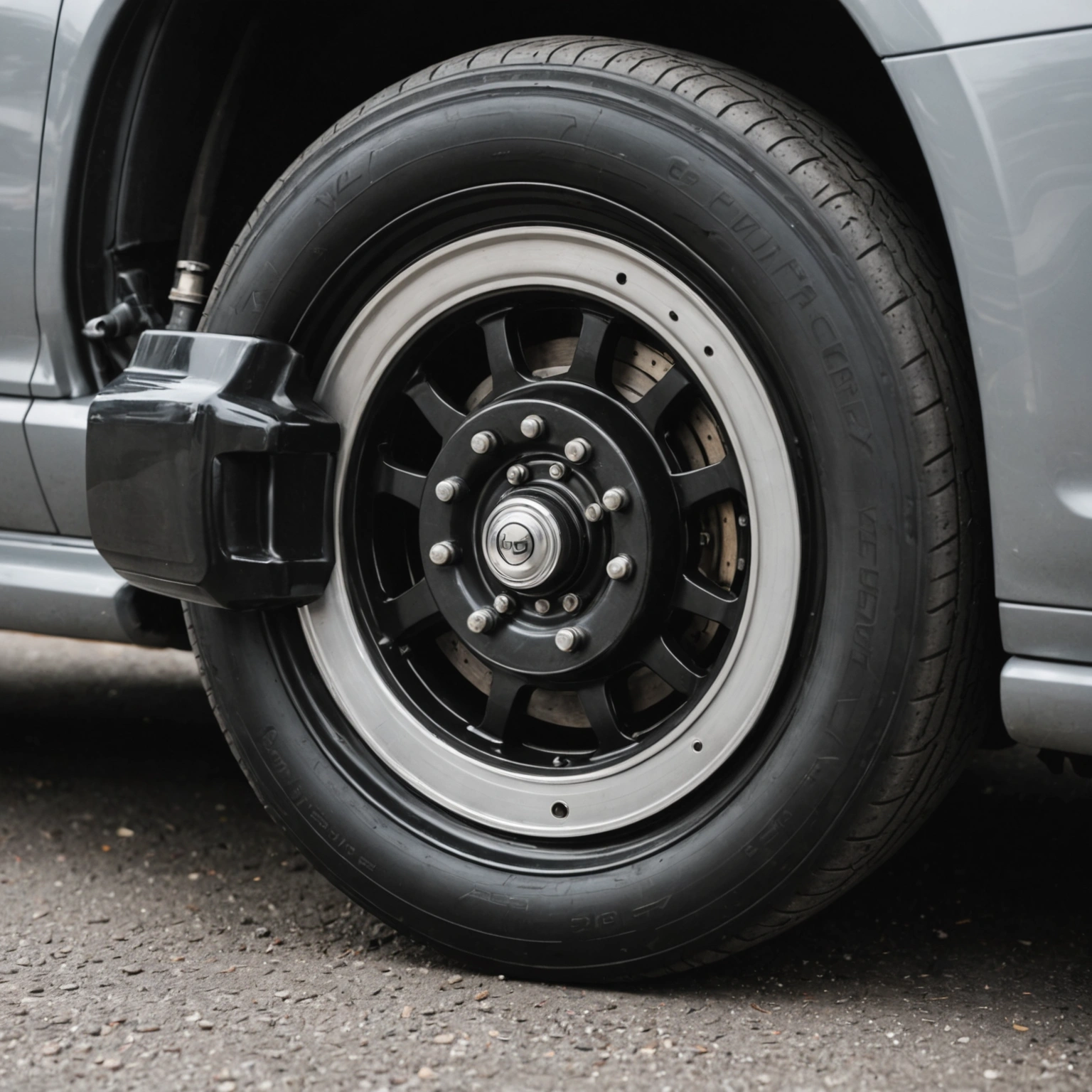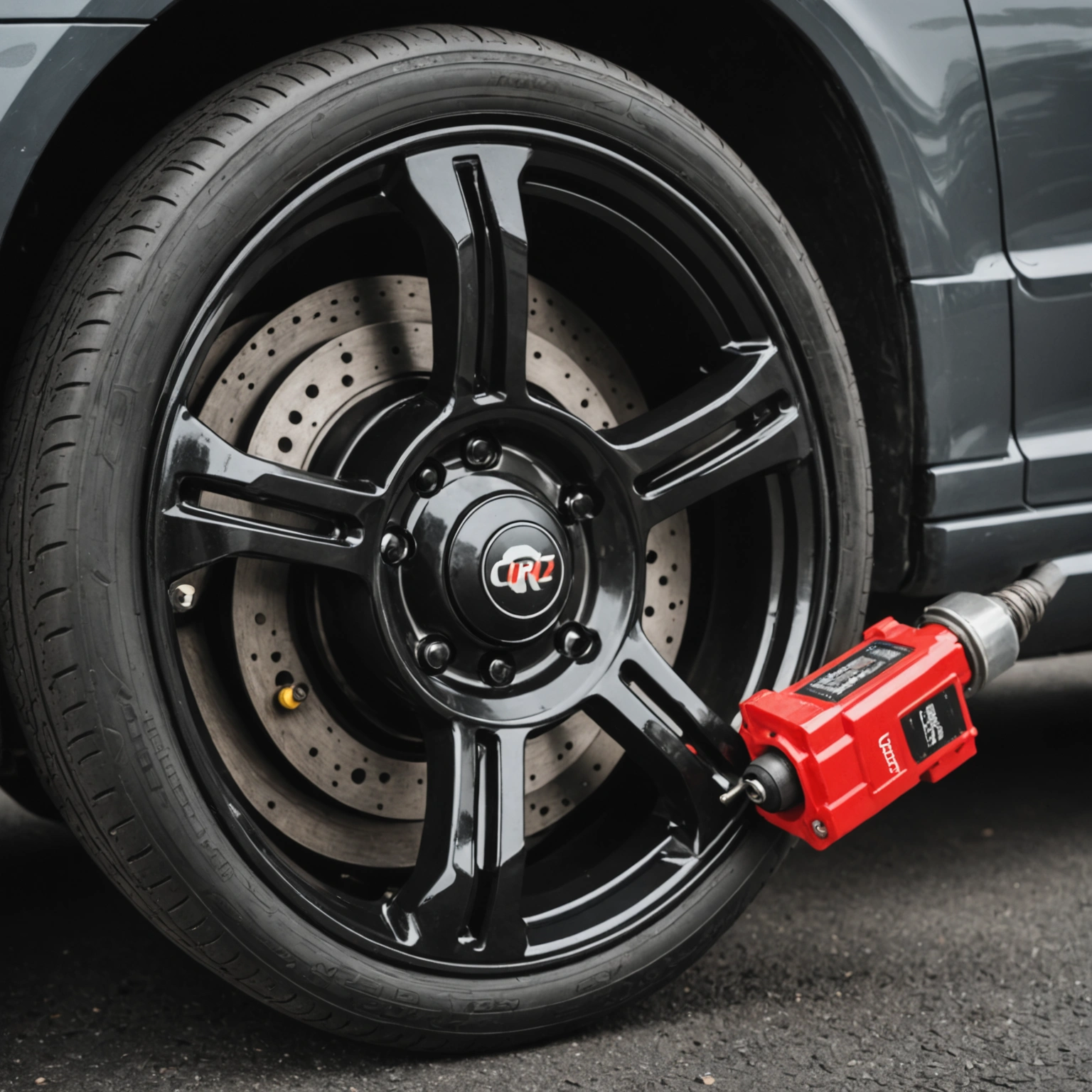**Why Does My Car Vibrate When I Brake? Understanding the Causes and Solutions**
If you’ve noticed your car vibrating when you hit the brakes, you’re not alone. This common issue can be unsettling, but understanding its causes can help you address it effectively. Let’s explore the primary reasons behind brake vibration and what you can do about it.

### 1. Warped Brake Rotors
**Most Common Cause:**

The leading cause of brake vibration is warped brake rotors. Rotors are the metal discs that the brake pads clamp onto to slow down your vehicle. Over time, heat generated from braking, especially during frequent or heavy braking, can cause the rotors to warp or develop uneven surfaces.
**Signs:**

– Vibration felt through the brake pedal or steering wheel during braking.
– Pulsating sensation when braking at higher speeds.

– Increased brake pedal travel.
**Solution:**
Resurfacing (turning) the rotors or replacing them entirely if they are severely warped or worn beyond specifications.
### 2. Uneven Brake Pad Wear
**Cause:**
Brake pads can wear unevenly due to improper installation, debris, or sticking calipers. When pads wear unevenly, they can cause vibrations when pressed against the rotors.
**Signs:**
– Vibration that varies with braking intensity.
– Uneven brake pad thickness upon inspection.
**Solution:**
Replacing the brake pads and ensuring proper installation and caliper function.
### 3. Brake Caliper Issues
**Cause:**
Sticking or malfunctioning brake calipers can cause uneven pressure on the rotors, leading to vibrations. This often occurs due to corrosion, dirt, or wear in the caliper components.
**Signs:**
– Vibration during braking, especially after long periods of vehicle inactivity.
– Uneven braking performance.
**Solution:**
Inspecting and repairing or replacing faulty calipers.
### 4. Suspension and Wheel Alignment Problems
**Cause:**
While less common, suspension components, wheel alignment issues, or unbalanced tires can also contribute to vibrations during braking. These issues may become more noticeable when braking at high speeds.
**Signs:**
– Vibration persists even when not braking.
– Vehicle pulls to one side during braking.
**Solution:**
Getting a wheel alignment, balancing tires, and inspecting suspension components.
### 5. Brake Hardware and Anti-Rattle Clips
**Cause:**
Worn or loose brake hardware, including anti-rattle clips, can cause vibrations or noises during braking.
**Solution:**
Inspecting and replacing worn hardware to ensure everything is securely in place.
—
### When to See a Mechanic
If you experience brake vibration, it’s important to have a professional inspection promptly. Ignoring the issue can lead to further damage, reduced braking efficiency, and increased repair costs.
### Final Tips
– Regularly inspect and maintain your brake system.
– Replace brake pads before they are excessively worn.
– Avoid hard or sudden braking when possible to reduce heat buildup.
– Ensure tires are properly balanced and aligned.
**In Summary:**
Brake vibration is typically caused by warped rotors, uneven pad wear, or caliper issues. Addressing these problems early will ensure safer braking performance and prolong the lifespan of your braking components. If you’re unsure or uncomfortable performing inspections or repairs yourself, consult a qualified automotive technician.
—
**Stay safe on the road!**

